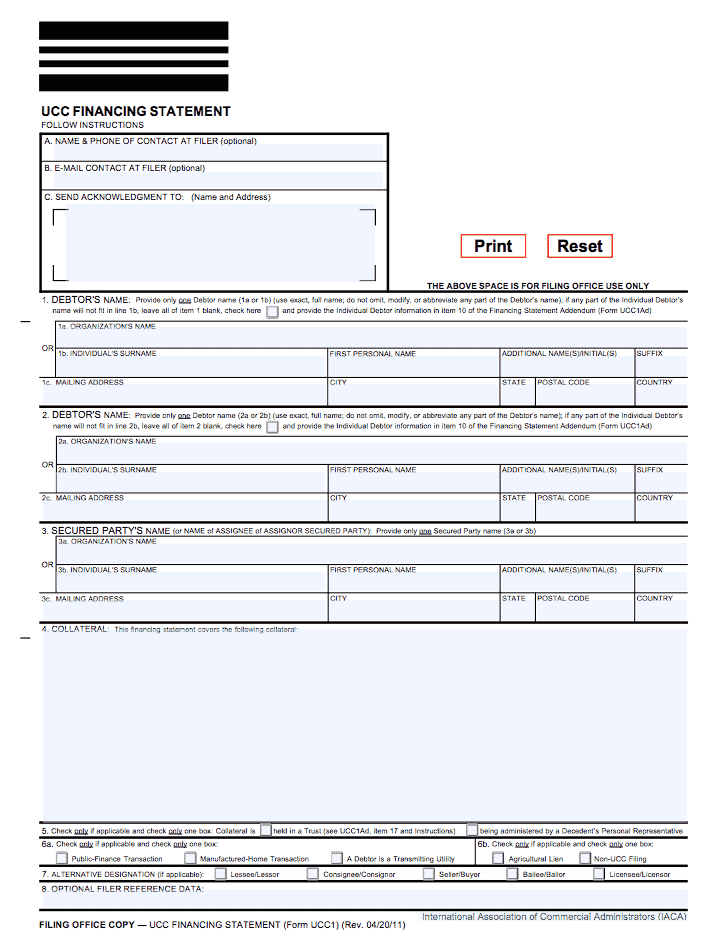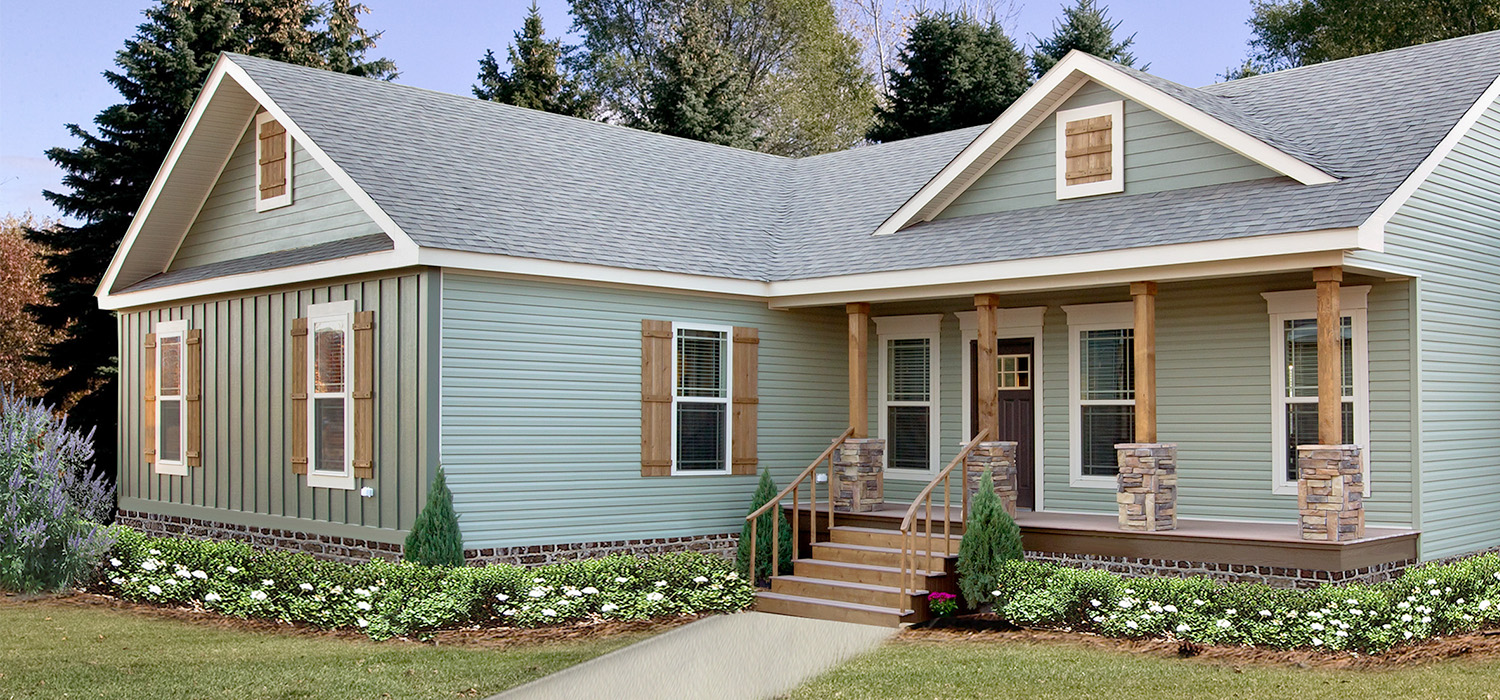Manufactured homes are a wise choice for property owners trying to find a recently built modern-day home with an affordable home mortgage payment. While the term "mobile home" is still used widely, these single, double and triple-wide prefabricated homes are now referred to as made homes. Funding a made home or any other kind of house is challenging, however it can be particularly tough for a brand-new house owner. A 20% deposit is no longer typical. Many public and private organizations help buyers who have less than 5% of a home's rate to put down. There are lots of responsibilities of owning a home that new purchasers should recognize with, and they apply to produced houses too.

The greatest expense, obviously, will be purchasing and financing a mobile or manufactured home. Funding is different than for a standard home loan, but various programs can make it much easier to qualify. The greatest distinction is that loans for mobile and manufactured houses are just for the home itself, not the land it sits upon. The park or community owns the land and rents it to homeowners. Called a belongings loan, it's a home-only loan and is technically not a property loan. It's an individual property loan, and is also available if you already own the land and need to borrow cash to buy the physical home.
In fact, it can be much simpler to get funding for a made house than for a traditional frame or block home. Funding terms depend upon the loan provider, but the minimum credit history for the choices we talk about below variety from 580-650. Ratings higher than 650 may get a little better terms. Scores lower than 580 might not qualify for a loan at all. Goods loans for manufactured houses are typically smaller sized than basic mortgage since you're not purchasing the land. This can make financing simpler for some individuals because they're borrowing less money. However, the repayment periods are much shorter 15 or 20 years which could result in greater monthly payments.

Another disadvantage is that rates of interest can be higher on chattel loans. A study by the Customer Financial Protection Bureau discovered that the yearly portion rate, or APR, was 1. 5% higher on effects loans than basic home loans. Loan processing charges, minnesota time shares however, were 40-50% lower. What happened to household finance corporation. If you're thinking about buying a made, mobile or modular home, it's crucial to comprehend the distinctions between them. Rates choices differ, as do how they're constructed and installed, and security requirements required in their construction, amongst other things. Some loans may be simpler to get for some types of these houses. Factory-built houses made prior to June 15, 1976, prior to policies required certain security standards.
Factory-built after June 15, 1976 and based on federal safety standards embeded in 1974, referred to as the HUD Code. Made homes are built on a permanent metal chassis and can be moved after setup, but that can disrupt financing. These factory-built houses are put together on-site. They need to meet the very same regional building regulations as site-built homes. They're typically installed on a concrete structure. Loans are typically easier to get for modular homes because they hold their worth and appreciate more than the other two. Once you've chosen what kind of manufactured house you desire, you'll need thomas controls wesley to find out how to fund it. Trade credit may be used to finance a major part of a firm's working capital when.
Not known Details About What Is The Difference Between Lease And Finance
Leasing land might make you qualified for fewer loans. Buying a double-wide home that costs $100,000 or more isn't allowed in an FHA loan. Maximum loan quantities differ by the type of home bought. Not just ought to you compare the type of loan, however see how costs and rate of interest vary amongst lenders. Here are 4 broad financing alternatives: If you own the land under your produced house, you remain in luck. Banks, credit unions and other loan providers normally need you to own the land in order to get a home mortgage. In this case, financing a manufactured home is relatively comparable to financing a traditional house.
5% with an FHA loan), and earnings that is roughly 3 times the home mortgage. If you don't think you have the minimum credit history required, you can begin working to enhance your credit rating. Online credit therapy from In, Charge Debt Solutions can help. In, Charge is a nonprofit credit counseling firm that offers a free snapshot of your credit report. It can help you create a repayment plan such as a debt management program. In addition to enhancing your credit report, owning the land you wish to put a produced home on can make being approved for a loan easier.
If you don't intend on purchasing land for your manufactured home, you can still finance the purchase with a bank or cooperative credit union lending institution, or possibly through help from the federal government. These programs are designed to assist consumers get home loans on manufactured homes, which account for 6% of the U.S. real estate market. That's practically 8 million houses. Housing support programs began in the New Offer era (1930s) when the government wanted to offer better homes for the rural population. The programs were administered by the USDA due to the fact that the programs were tailored toward on-farm real estate. The very best aspect of a USDA loan (also called a Rural Advancement loan) is that there is no down payment required.
The house needs to meet geographical requirements, but that does not mean you need to live 20 miles from your nearest neighbor. About 97% of the U.S. land mass is USDA loan eligible, a location including 109 million people. Rates of interest fluctuate with the market however are usually less than conventional loans. The drawback to a USDA loan is a Guarantee Fee of 2% is included to the total loan http://brooksjqjh382.timeforchangecounselling.com/excitement-about-which-one-of-the-following-occupations-best-fits-into-the-corporate-area-of-finance amount, and a yearly cost of. 5% gets added to your monthly payment. The minimum credit history to qualify is 640. And unlike standard home mortgages, you can be disqualified for making too much money.
Talk to your bank or credit union to see if they can help you with a USDA loan application for a made loan. No down payment required Can fund 100% of appraised worth Minimum credit score needed: 650 Should satisfy geographical requirement: rural location Can't make 115% or more of county's typical earnings Charges: 2% cost included to the total loan, and. 5% to regular monthly payment If you surpass the USDA's income limit, you need to consider an FHA loan as they have no wage optimums. The FHA doesn't in fact offer you money for a home loan. It guarantees the loan, which entices lenders to fund home loans because they are backed by the federal government.